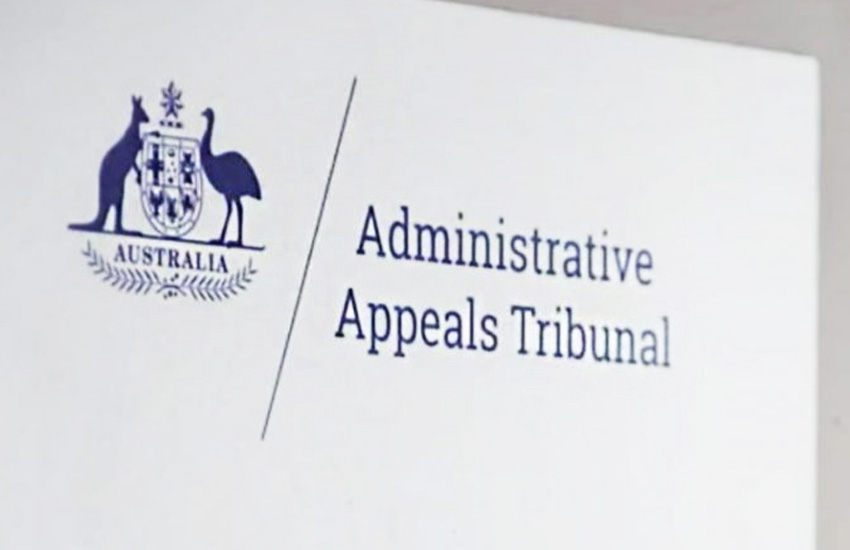In a recent submission, the Tax Institute stated that while the Administrative Appeals Tribunal was originally designed with the intention of creating a low cost and informal environment for individuals and businesses to seek resolution for adverse administrative decisions, over time actual cost and procedural steps have resulted in matters being equal in cost, formality and process to the courts.
“In part, we consider this is caused by the AAT’s practices concerning the relevant evidence taxpayers are required to produce and the requirement in virtually all cases to provide written witness statements,” the Tax Institute said in its submission on the performance and integrity of Australia’s administrative review system.
You’re out of free articles for this month
While the submission noted that the type of evidence required to substantiate a taxpayer’s claim will depend on the wording of the relevant tax provisions, based on member feedback, the Tax Institute said matters brought to the AAT in practice often require taxpayers to produce evidence that is not required in the tax legislation.
“For example, feedback from our members indicates that there is an increasing reliance on witness statements, expert opinions and other written evidence for matters before the AAT,” the submission explained.
“We note that these items of evidence can cost significant amounts to prepare, even for simpler cases, and are not required for all provisions in the taxation legislation.”
The submission urged the AAT to review its current processes and procedures, “ensuring that they do not unnecessarily add unreasonable burdens on taxpayers and continue to promote a low cost and informal environment”.
“A potential option to reduce the barriers to bringing a matter before the AAT include decreasing the reliance on written statements where not required at law, and instead allowing taxpayers greater opportunities to provide oral evidence, particularly in matters where the tax in dispute is low (e.g. under $100,000) and the cost of preparing written statements is likely to act as a substantial barrier for taxpayers,” the submission stated.
The submission also noted some of the delays in the AAT resolving tax matters with only 53 per cent of taxation and commercial cases in 2020-21 finalised by the AAT within 12 months.
“This is down from 62 per cent in the 2019-20 year. Although the AAT has finalised over 90 per cent of cases in the small business division within 12 months, it has been unable to meet its target of 75 per cent of all cases across all divisions since 2017-18,” the submission said.
One of the significant factors contributing to the delay in the AAT, the submission said is the lack of preparation by taxpayers particularly where taxpayers are not represented by experienced professionals.
“It is common for taxpayers to be unaware of the evidence required to satisfy their onus in tax cases or fail to understand what a review entails,” the submission stated.
“This can often result in a series of case conferences and extensions of time granted by the AAT to ensure taxpayers are provided with procedural fairness.”
The submission noted that this approach contrasts with that adopted in other jurisdictions, in which taxpayers are typically expected to have prepared their case in advance of litigation and the cases are case managed with much stricter timetables with the hurdles for obtaining adjournments much higher.
The submission also stated that the ATO will generally not seek to recover debts whilst a taxpayer is disputing the assessment giving rise to that debt through the AAT.
“This can create an incentive for taxpayers to purposely be slow in responding to AAT timetables and seek to delay the progress of the matter in an attempt to defer recovery of the debt,” it said.
“Current government proposals to further limit the ATO’s ability to recover disputed debts may exacerbate this issue going forward if a greater number of taxpayers seek review in the AAT as a means of deferring payment of their debt.”
In order to address this, the Tax Institute said the AAT should have greater resourcing of members with expertise in tax to better address the large number of tax-related cases on hand.
“Further, we consider that members should be selected through an independent process that has the goal of selecting a diverse range of members who are best suited for the role,” it said.
“This will allow the AAT to best resolve taxpayer disputes in a timely and efficient manner. Independently determined member appointments will also ensure that integrity and good standing of the AAT will be maintained or enhanced further.”

 Login
Login







